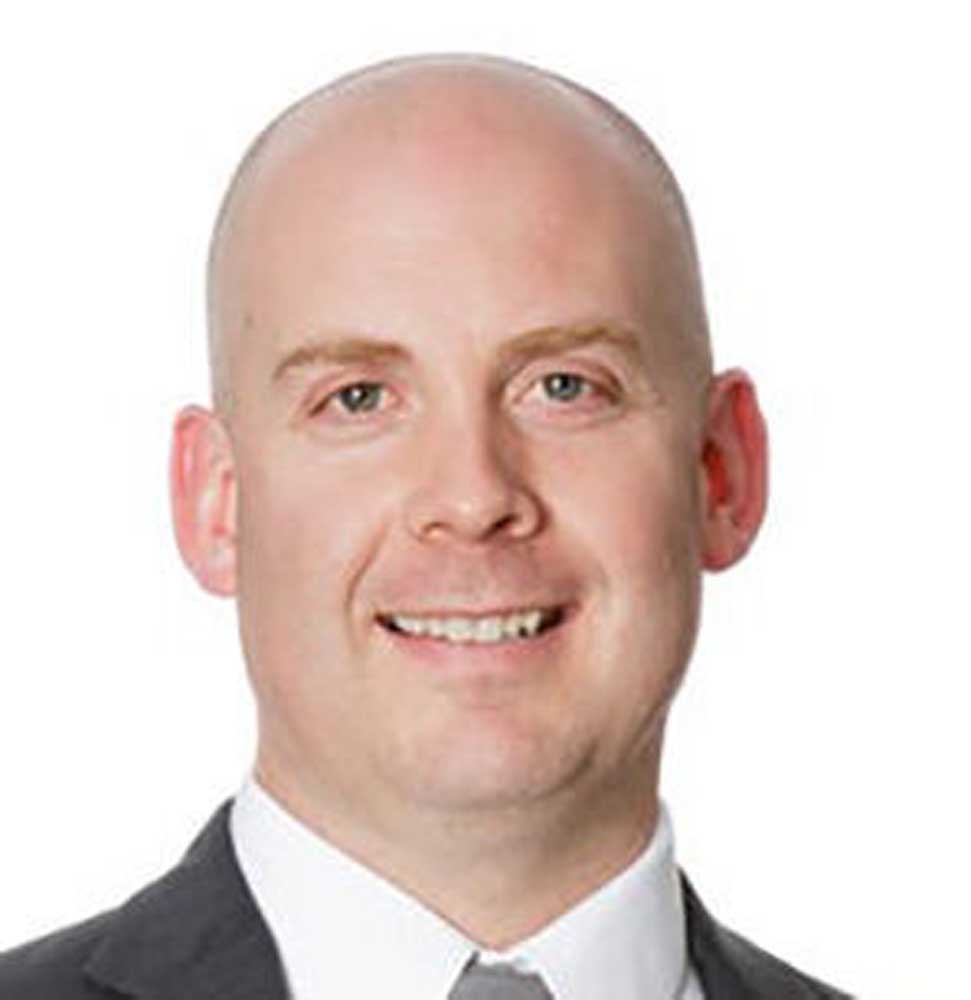Cooper: Our failing criminal justice system
Published 6:00 am Friday, April 12, 2024

- Cooper_William
As recently reported by the Marshall Project, conditions in America’s federal prisons are getting worse. Among the problems highlighted at a recent Senate Judiciary Committee hearing involving federal prisons director Collette Peters: hundreds of preventable deaths of people in federal jails; excessive overuse of solitary confinement; and a deadly shortage of psychiatric services.
But the problem is much bigger than these specific federal-prison deficiencies. Today, far too many Americans — disproportionately those from underprivileged backgrounds — are trapped in a senseless system of mass incarceration.
According to New York University’s Brennan Center for Justice, “The United States has less than 5 percent of the world’s population and nearly one-quarter of its prisoners. Astonishingly, if the 2.3 million incarcerated Americans were a state, it would be more populous than 16 other states. All told, one in three people in the United States has some type of criminal record. No other industrialized country comes close.”
But America doesn’t just imprison far too many. While incarcerated, people are often subject to horrible conditions. Longtime political prisoner Nelson Mandela once said that, “No one truly knows a nation until one has been inside its jails. A nation should not be judged by how it treats its highest citizens, but its lowest ones.” America’s performance under Mandela’s standard is abysmal. Its jails are consistently overcrowded and under-resourced.
For example, in 201,8 the Department of Justice detailed conditions in Alabama’s state-run prisons.
“The violations are severe, systemic, and exacerbated by serious deficiencies in staffing and supervision,” the Department of Justice explained. There was “a high level of violence that is too common, cruel, of an unusual nature, and pervasive.” The Department of Justice also recently announced investigations into two state-run South Carolina jails.
This problem has several underlying causes. First among them: Legal representation for underprivileged defendants is often abysmal. Poor defendants are typically saddled with overburdened and incompetent attorneys. By contrast, prosecutors enjoy large budgets, broad discretion to pursue charges and legal immunity for bad acts.
And juries — the system’s linchpin — are prone to bias, prejudice and delivering erroneous verdicts. Mandatory minimum sentences, moreover, require judges (themselves often overburdened) to sentence defendants convicted of certain crimes to minimum (and often draconian) sentences.
Put simply, the system is attacked against underprivileged defendants from start to finish.
That said, every nation does, of course, need a criminal justice system. Enforcing laws fairly and proportionately deters bad behavior, protects communities of all types and provides important redress to victims. And many guilty defendants do deserve to be punished.
It would be a mistake to over-correct and have a toothless system that allows and even encourages criminality. But the degree of over-incarceration in America today is capricious and excessive. That our nation allows this tragedy to not only persist but get worse with time is a staggering failure of both governance and conscience.






